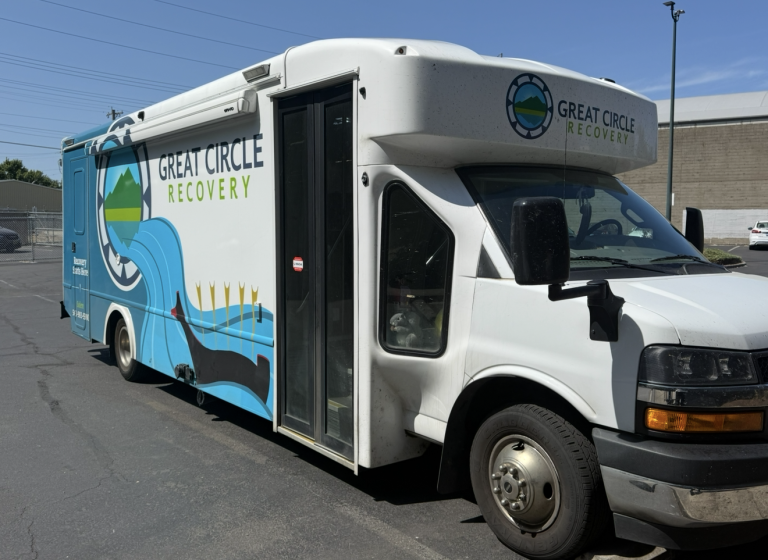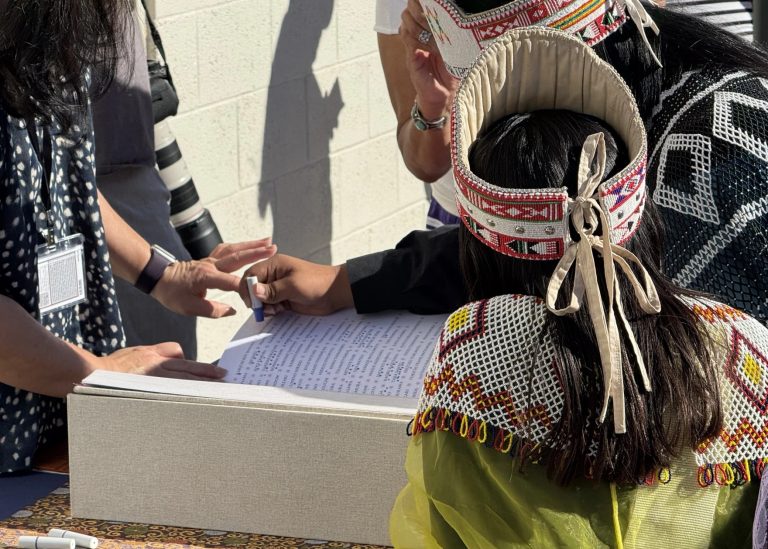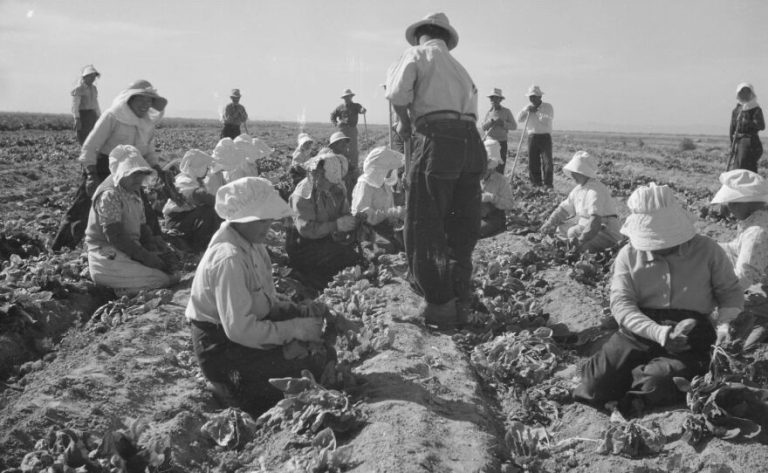Podcast: Play in new window | Download | Embed

Anchor: Antonia Gonzales
Prime Minister Justin Trudeau traveled to central Alberta this week for a historic signing of a land claim settlement. As Dan Karpenchuk reports, the government is paying out one of the largest settlements made to a Canadian First Nation.
The Siksika First Nation, east of Calgary, lost about half of its land in a fraudulent deal with the Canadian government more than a century ago. That, after the government broke a Blackfoot Treaty promise.
Prime minister Justin Trudeau says the signing this week, which includes $1.3 billion, is to right a wrong from the past.
“This allows us now to move forward on solid-er footing having undone a little bit of the broken trust of many years of recognizing the harm that we did generations ago, but understanding as well as large as the settlement is it can’t undo the loss, the trauma, the intergenerational impacts of what was done by Canada.”
For his part, Siksika Chief Ouray Crowfoot says it’s now about moving forward.
“It’s about renewing that treaty, you know, the treaty took place 145 years ago a lot of the promises in the treaty were broken, but now it’s about having that relationship rebuilding, that understanding.”
Crowfoot says the settlement won’t make up for past wrongs, but it will make a difference in people’s lives and provide opportunities that they didn’t have before.
Each member of the First Nation will receive $20,000 from the settlement. Money will also be spent on issues that are important to the reserve such as policing on the First Nation.
The Federal Bureau of Investigation is using the Navajo language to draw attention to unsolved homicide and missing person cases on the Navajo Nation. 60-second radio ads have aired across Navajo land seeking information on a cold case, offering a reward and giving out a toll-free tip phone number.
In 2020, field offices in Albuquerque and in Phoenix issued posters in the Navajo language and later started including audio clips with them.
Raul Bujanda is FBI Special Agent in Charge.
“The initiative was really to try and reach the communities a little bit better than we’ve done in the past. So, what we’re trying to focus on is trying to get the communication out there in a form that made sense. We’re great about talking and putting things together, putting messages out as far as an organization, but we knew we were missing the one piece, which is that we weren’t writing in the Navajo language and we weren’t communicating in the Navajo language. So, our primary focus was to do just that.”
Bujanda says the ads were not successful in gathering information, but says the FBI will try again in its efforts to solve cold cases on the Navajo Nation.
The ads aired in April and May on Navajo-language radio station KTNN-AM.

Tribal leaders from New Mexico met with top state officials Thursday in Albuquerque. They took part in an annual tribal summit to discuss issues facing their communities.
Indian Affairs Cabinet Secretary Lynn Trujillo says the state is closely working with tribes, collaborating on policymaking and strengthening government-to-government partnerships.
The agenda reviewed accomplishments and looked at future needs, including an outlook of the summer-water, drought and wildfires.
The summit was established in 2009 under the State-Tribal Collaboration Act to ensure tribes are included in policymaking and funding priorities. It provides a framework for the state and tribes to work together to develop services and programs to serve the Native American community.
There are 23 tribal nations in New Mexico.
Get National Native News delivered to your inbox daily. Sign up for our newsletter today.



